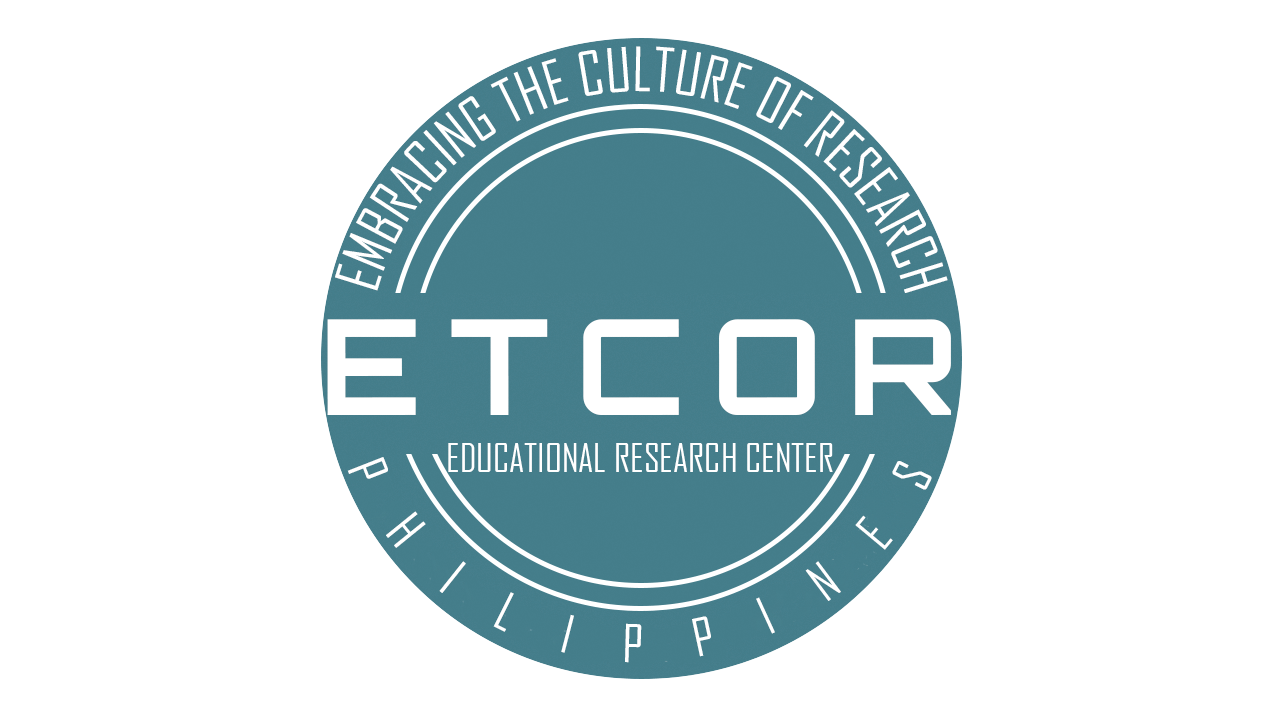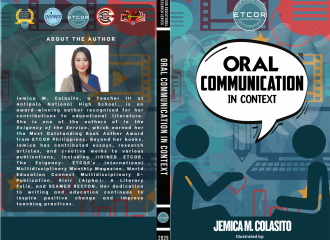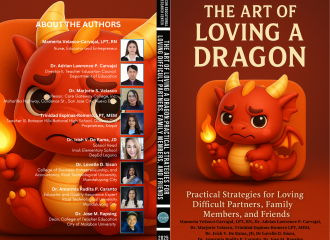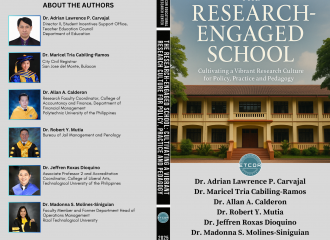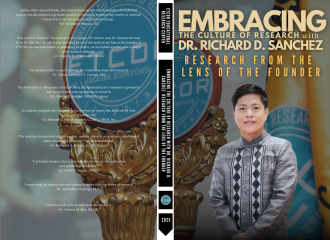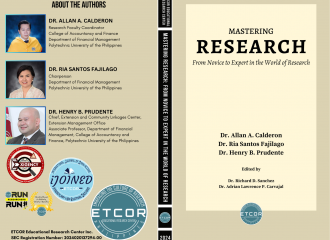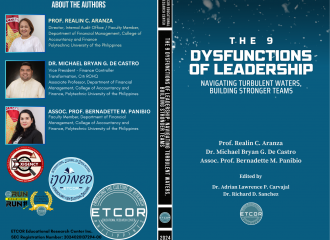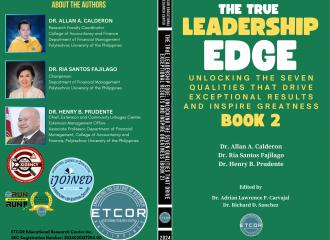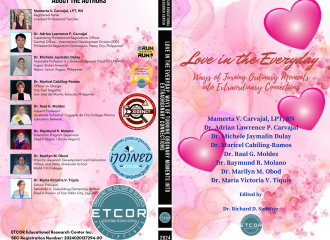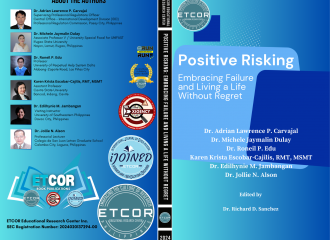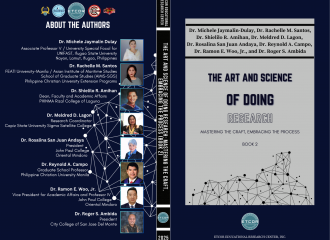
The Art and Science of Doing Research: Mastering the Craft, Embracing the Process (Book 2)
Dr. Michele Jaymalin-Dulay, Dr. Rachelle M. Santos, Dr. Shielilo R. Amihan, Dr. Meldred D. Lagon, Dr. Rosalina San Juan Andaya, Dr. Reynold A. Campo, Dr. Ramon E. Woo, Jr., and Dr. Roger S. Ambida
The Art and Science of Doing Research: Mastering the Craft, Embracing the Process (Book 2)
Overview of the Book
The Art and Science of Doing Research: Mastering the Craft, Embracing the Process (Book 2) is a collaborative work that offers a rich, multidimensional guide to research, blending systematic methodology with creative exploration. The book begins with an insightful overview by Dr. Michele Jaymalin Dulay, who frames research as both a scientific and artistic journey. She emphasizes that research is a purposeful and ethical pursuit grounded in critical thinking, creativity, and societal impact. This opening chapter sets the tone for the rest of the book, showcasing the dynamic interplay between logic, rigor, and imagination.
Dr. Rachelle M. Santos furthers this vision in Chapter 2 by championing creativity as a core element of research. Through innovative techniques like design sprints and curiosity labs, she illustrates how researchers can tap into divergent thinking and interdisciplinary inspiration. Her approach repositions research from a rigid task to a liberating process of exploration, encouraging environments that value experimentation and creative risk-taking.
Chapter 3, authored by Dr. Shielilo R. Amihan, anchors the reader in the rigorous science behind research. Amihan details methodological choices—from quantitative to mixed-methods—and underscores the importance of validity, ethical integrity, and robust data interpretation. His contributions provide a technical foundation for ensuring that research outputs are both reliable and meaningful.
The subsequent chapters deepen the reader’s practical competencies. Dr. Meldred D. Lagon outlines how to craft precise research questions and hypotheses through iterative thinking. Dr. Rosalina San Juan Andaya walks the reader through the design and execution of research studies, emphasizing planning, ethics, and adaptability. Dr. Reynold A. Campo then explains how to analyze and interpret data, with a focus on drawing insightful conclusions and communicating findings through compelling narratives and visualizations.
The book culminates in two final chapters that address the dissemination and future of research. Dr. Ramon E. Woo, Jr. provides actionable strategies for writing and presenting research effectively, ensuring that scholarly work resonates with varied audiences. Finally, Dr. Roger S. Ambida calls for a bold embrace of innovation, interdisciplinarity, and mentorship. His chapter encapsulates the book’s core message: research is not just an academic activity—it is a transformative, purpose-driven endeavor aimed at creating meaningful change.


